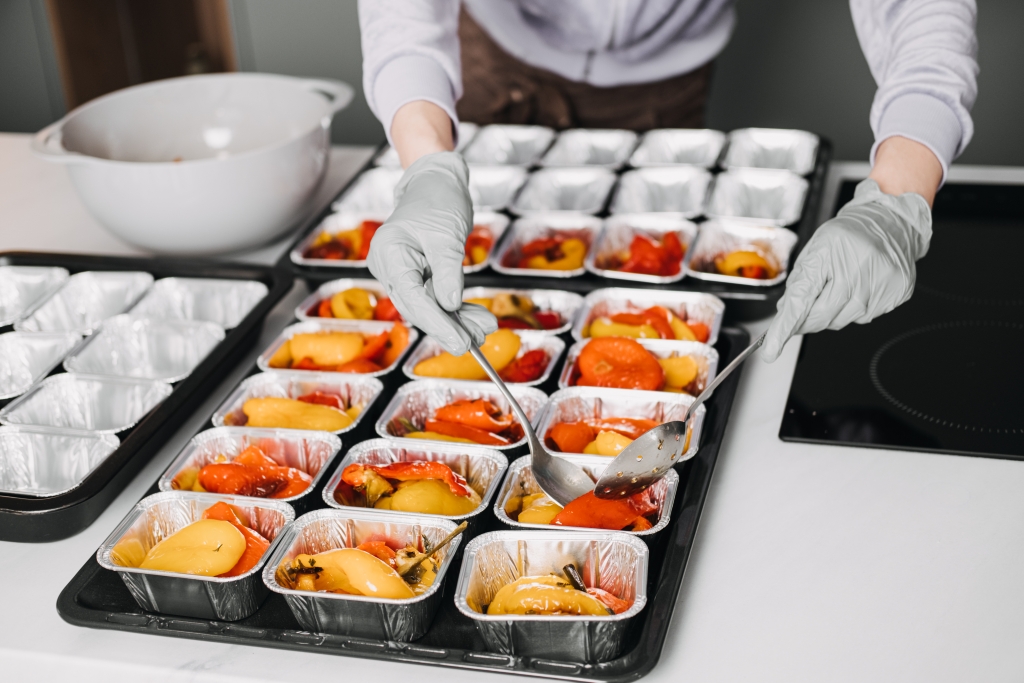September 4, 2025
No Digital, No AI: Why Food Companies Must Modernize First
Artificial Intelligence (AI) is everywhere in today’s business headlines, and the food industry is no exception. From predictive demand planning to real-time traceability, the promises of AI are exciting. But here’s the catch: without digital transformation, those promises remain out of reach. The uncomfortable truth is simple: no digital, no AI.


Artificial Intelligence (AI) is everywhere in today’s business headlines, and the food industry is no exception. From predictive demand planning to real-time traceability, the promises of AI are exciting. But here’s the catch: without digital transformation, those promises remain out of reach.
The uncomfortable truth is simple: no digital, no AI.
Why Digital Transformation is the Foundation
Digital transformation isn’t just about system upgrades—it’s about capturing, standardizing, and sharing data across the supply chain. Paper logs, spreadsheets, and siloed systems can’t provide the clean, structured data that AI needs to generate insights.
Think of AI as a Formula 1 race car. It’s powerful, fast, and capable of extraordinary things—but only with the right fuel and track. Without digitized processes and clean data, even the best AI won’t perform.
Regulatory Pressure is Accelerating Digitization
The FDA’s FSMA Rule 204 is a prime example. Compliance requires companies to collect, manage, and share key data elements across critical tracking events. Paper-based processes make this nearly impossible. Digital systems not only simplify compliance, but also create the data backbone AI needs.
Other forces—sustainability reporting, ESG disclosure, consumer demand for transparency—are adding momentum. Once digitized, companies can go beyond compliance and unlock AI-powered insights.
From Data to Insights
With digital foundations in place, AI can:
- Monitor supplier data and flag compliance gaps in real time.
- Predict supplier delays or quality risks using logistics, weather, and trade data.
- Power customer-facing chatbots that provide sourcing and allergen information instantly.
These capabilities turn regulatory compliance into competitive advantage.
Next Steps for Food Companies
- Digitize core processes: Traceability, inventory, supplier documentation.
- Standardize data: Apply GS1 identifiers and industry frameworks.
- Integrate systems: Connect ERP, logistics, and quality platforms.
- Pilot AI responsibly: Start small—automated compliance checks, anomaly detection—and scale.
The Bottom Line
AI can transform the food industry, but only for companies with digital foundations. The first lap in the race to AI isn’t about algorithms—it’s about digitization. Those who modernize now will win on compliance, resilience, and customer trust.
👉 Next in the series: “Beyond Box-Ticking: How AI Reinvents Food Compliance.”
Used by the world's leading companies













































Take the First Step
Contact Tim directly to address your traceability and sustainability concerns.






